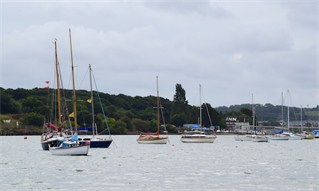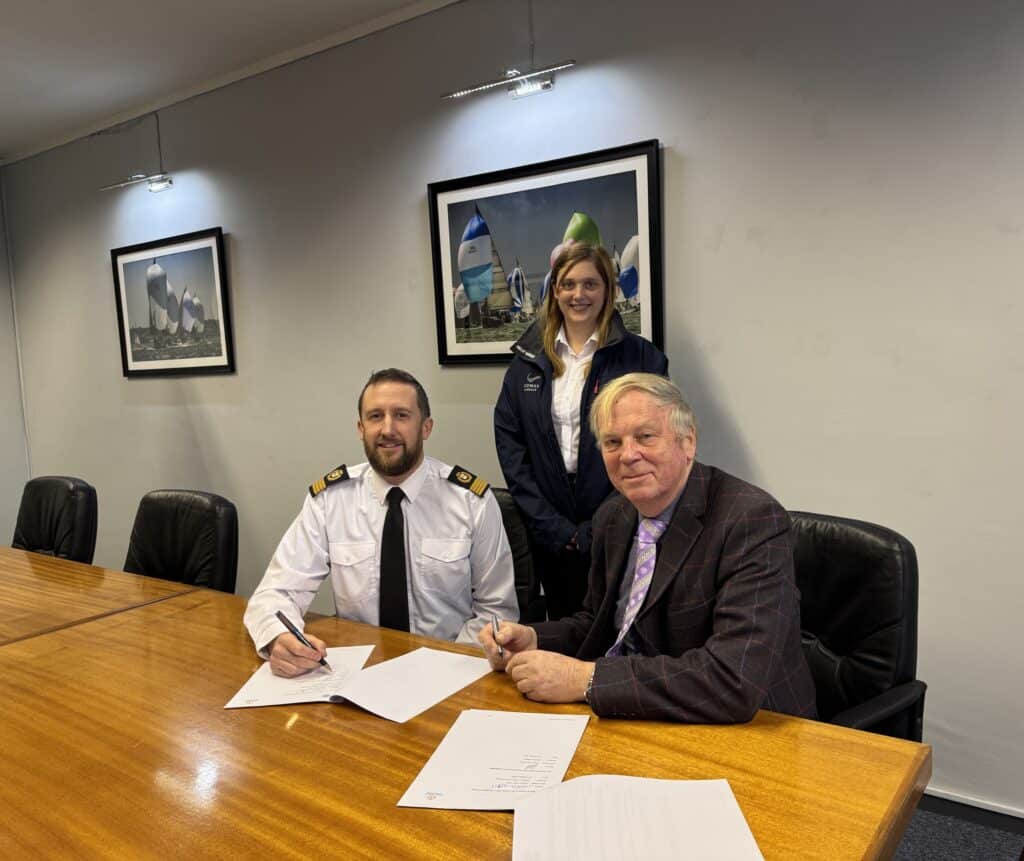
As the 2016 boating season draws to a close for most, we have been looking at what boat owners can do to prepare for winter and reduce the risk of damage to their craft. Working with leading online insurer, Craftinsure.com, we have identified some of the most common problems and can pass on the following seasonal advice.
Whilst Cowes is a relatively sheltered location, it makes sense to minimise wind resistance for boats laid up ashore. It may not be necessary to un-step masts, but remove spray dodgers and boom covers for example, and ensure furling headsails are securely tied to prevent them from unfurling in strong winds.
Check your rig for any signs of corrosion (especially around fittings) and for any missing pins or other components. Tape up any that could work loose from vibration over the winter period. Major rig failures have occurred for the sake of a missing clevis pin costing a few pence!
Sadly, even the most secure locations are not totally immune to theft, and the long hours of darkness increases this risk during winter. It therefore makes sense to remove electronics and other valuable items as far as possible for safe storage. Outboard motors are still the most common target for thieves, and so it is essential that these are either locked away or secured with a purpose designed anti-theft device if left on the transom. Fit hatches with good quality locks and close any cabin curtains and blinds.
Although boats should be as secure as possible, they also need to be well ventilated to reduce condensation. If any heaters or dehumidifiers are to be left connected for prolonged periods over the winter, these need to be of an appropriate type, correctly installed, and used strictly in accordance with the manufacturer’s recommendations. The greater use of shore-based electrical equipment has increased the risk of fire, and so have your systems checked if in any doubt.
Should you undertake work on your boat during the winter, be careful, especially when using power tools and paints or other flammable materials. A few years ago a boat exploded in a south coast marina when a power tool was being used in a confined space where inflammable vapours from paints and other chemicals had accumulated. The owner was lucky to escape without serious injury.
If your boat is to be left afloat, try to arrange for the boat to be checked regularly by your local boatyard or marina or through other arrangements if you cannot do so. Do not rely on automatic bilge pumps to prevent flooding as failure can easily occur due to loss of battery power or blockages. Ensure drainage channels are kept clear of leaves and debris so that water does not build up in cockpits and find its way below.
Although Cowes is unlikely to experience a hard frost, engines should be winterised in accordance with manufacturers’ recommendations, and any domestic water systems should be drained.
Finally, it is a good idea to create an emergency numbers list in your mobile, such as your boatyard or marina as well as the claims helpline number for your insurer – just in case.
Contributed by Rod Daniel, Director at Craftinsure
Craftinsure.com


